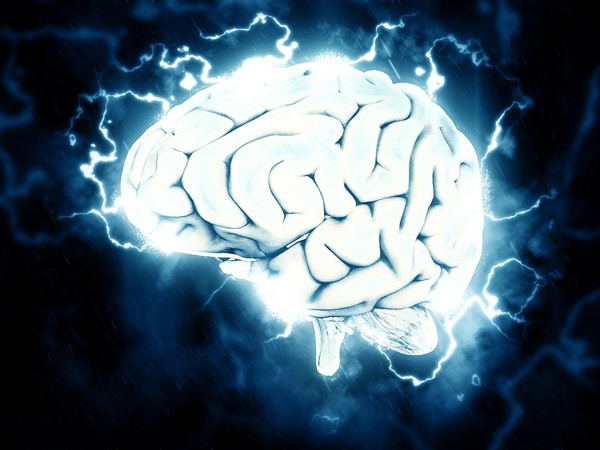Science News Roundup: COVID-19 can cause brain shrinkage, memory loss - study; Scientists identify new gene differences in severe COVID patients and more
The results suggest that people with severe COVID have genes that predispose them to one of two problems: failure to limit the ability of the virus to make copies of itself, or excessive inflammation and blood clotting. Omicron infections contagious for at least 6 days; Takeda drug shows promise as COVID treatment The following is a summary of some recent studies on COVID-19.

Following is a summary of current science news briefs.
COVID-19 can cause brain shrinkage, memory loss - study
COVID-19 can cause the brain to shrink, reduce grey matter in the regions that control emotion and memory, and damage areas that control the sense of smell, an Oxford University study has found. The scientists said that the effects were even seen in people who had not been hospitalised with COVID, and whether the impact could be partially reversed or if they would persist in the long term needed further investigation.
Scientists identify new gene differences in severe COVID patients
Scientists have pinpointed 16 new genetic variants in people who developed severe COVID-19 in a large study published on Monday that could help researchers develop treatments for very sick patients. The results suggest that people with severe COVID have genes that predispose them to one of two problems: failure to limit the ability of the virus to make copies of itself, or excessive inflammation and blood clotting.
Omicron infections contagious for at least 6 days; Takeda drug shows promise as COVID treatment
The following is a summary of some recent studies on COVID-19. They include research that warrants further study to corroborate the findings and that has yet to be certified by peer review. Omicron infections are contagious for at least 6 days
(With inputs from agencies.)
- READ MORE ON:
- Omicron
- COVID
- Oxford University










